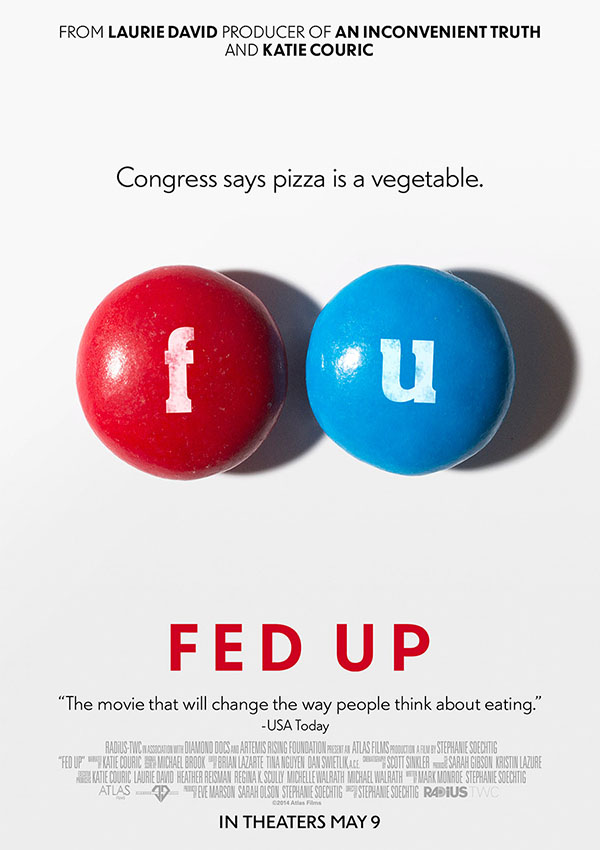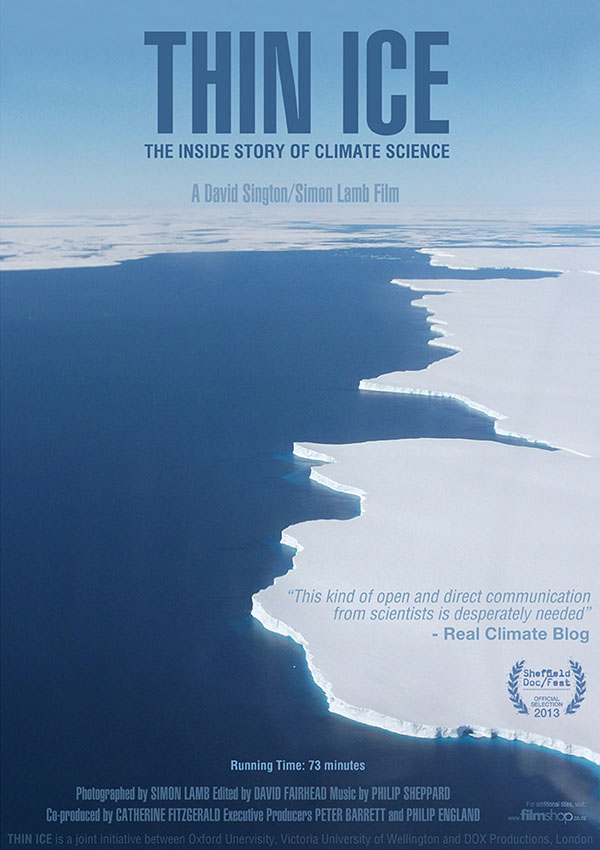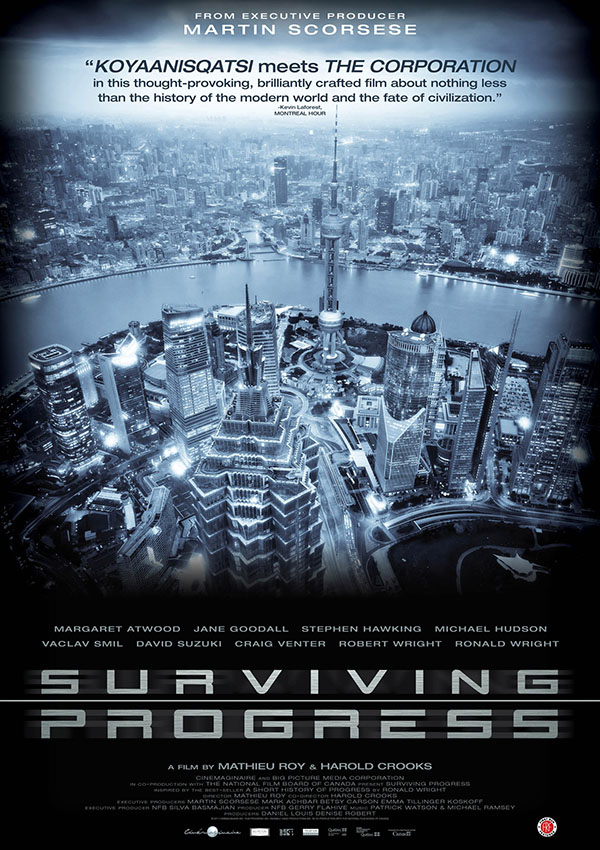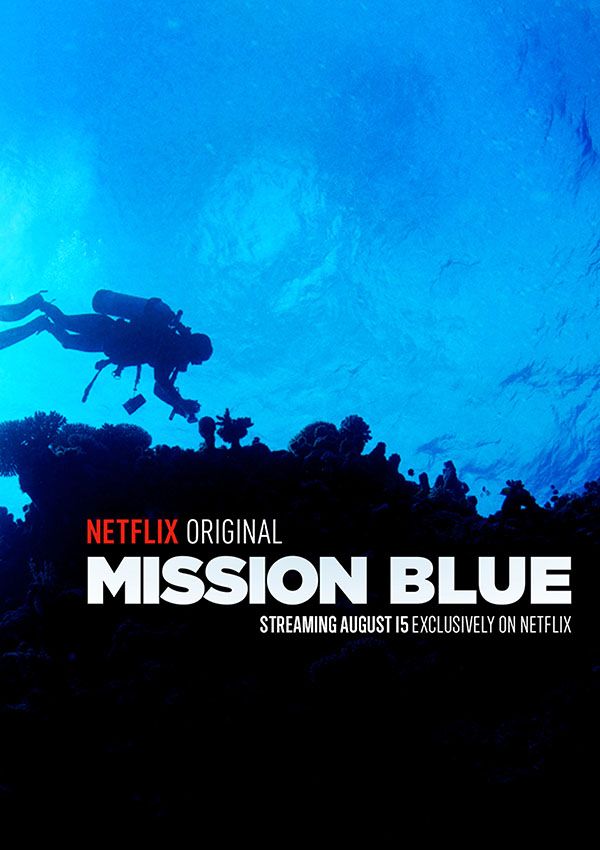BOONE—The 2015 Sustainability Film Series at Appalachian State University begins Jan. 20 with the screening of “Fed Up,” which examines America’s obesity epidemic.
Films will be shown on the third Tuesday of each month beginning at 7 p.m. in I.G. Greer Theatre. The films are free and open to the public. A panel discussion will follow each film.
The series is sponsored by The Goodnight Family Sustainable Development Department, Belk Library and Information Commons, Department of Geology and Office of Sustainability.
In addition to “Fed Up,” the series includes “Thin Ice,” “Surviving Progress” and “Mission Blue.” The films were selected to help viewers better understand the challenges facing humankind and the planet and to broaden observations regarding environmental and economic sustainability and social justice.
“Fed Up,” shown Jan. 20, examines America’s obesity epidemic and the food industry’s role in aggravating it. Filmmaker Stephanie Soechtig and TV journalist Katie Couric lead viewers through the exposé that uncovers why, despite media attention, the public’s fascination with appearance, and government policies to combat childhood obesity, generations of American children will now live shorter lives than their parents did.
Panelists for “Fed Up” include New York Times bestselling author Dr. Colin Campbell, Dr. Lanae Ball from Appalachian’s Department of Nutrition and Health Care Management and dietetics student Chloe Paddison. Campbell is the co-author of the bestselling book “The China Study” and is the Jacob Gould Schurman Professor Emeritus of Nutritional Biochemistry at Cornell University. His latest book is “Whole: Rethinking the Science of Nutrition.”
Panelists for remaining films in the series will be announced at least two weeks prior to each screening. For more information, visit http://sustain.appstate.edu/2015filmseries.
“Thin Ice” will be shown Feb. 24. The film’s producers talked to researchers on four continents who explain their work measuring changes in the atmosphere, oceans and ice sheets to create a film that puts a human face on the international effort and range of human activity and scientific endeavor required to understand Earth’s climate system.
“Surviving Progress,” shown March 17, was produced by Martin Scorsese. The documentary explores the concept of progress in the modern world, guiding viewers through “progress traps” facing civilization in the areas of technology, economics, consumption and the environment.
“Mission Blue,” shown April 21, documents scientist, explorer and visionary Sylvia Earle’s three-year effort to save the oceans. The film is part action-adventure and part exposé of an eco-disaster as more than 100 scientists, philanthropists and activists gather in the Galapagos Islands to help fulfill Earle’s lifelong wish to build a global network of marine protected areas.
About Appalachian State University
As a premier public institution, Appalachian State University prepares students to lead purposeful lives. App State is one of 17 campuses in the University of North Carolina System, with a national reputation for innovative teaching and opening access to a high-quality, cost-effective education. The university enrolls more than 21,000 students, has a low student-to-faculty ratio and offers more than 150 undergraduate and 80 graduate majors at its Boone and Hickory campuses and through App State Online. Learn more at https://www.appstate.edu.
What do you think?
Share your feedback on this story.








![How NCInnovation Is Rethinking Economic Development in North Carolina [faculty featured]](/_images/_posts/2026/02/rethinking-economic-development-600x400.jpg)






